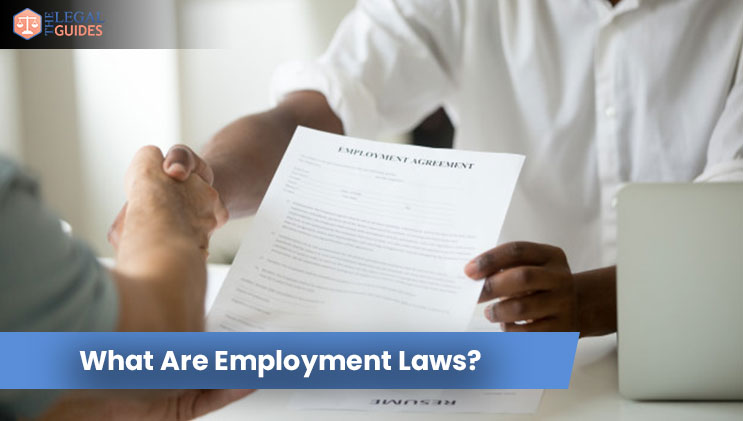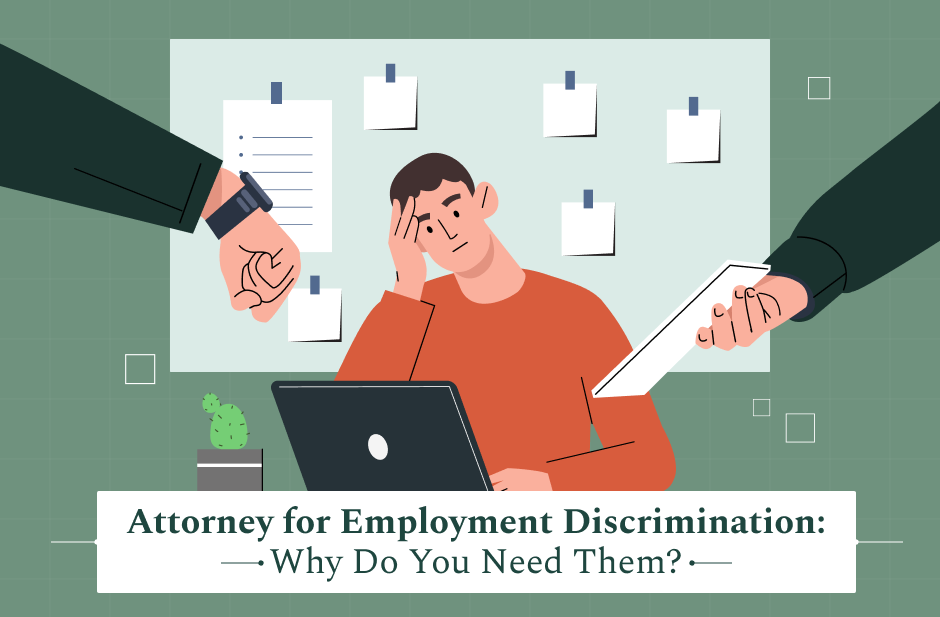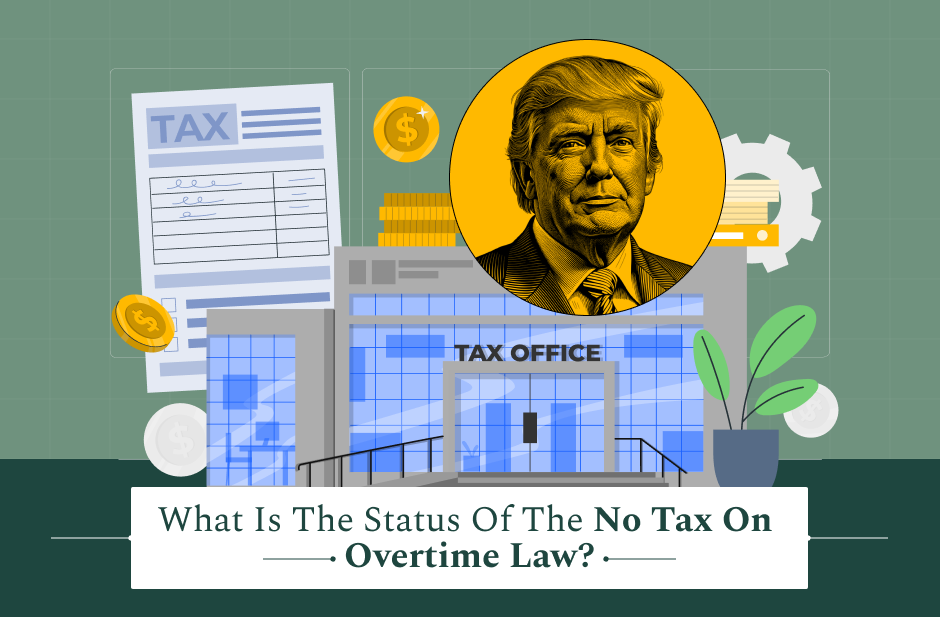The USA Department of Labor (DOL) enforces more than 180 laws to protect the right of every employee working in the USA. These mandates and the regulation and regulation of employment laws help the more than 150 million American employees working in 10 million workplaces.
If you are one of the job seekers in America, it is important that you have basic knowledge of employment laws. In this article, we have enlisted some of the most common employment laws that every employee should know.
What Are Employment Laws?

If you are an employer, you must know what employment laws are all about. However, if you are new to the business industry and have little knowledge about employment laws, this article will take you through some of the laws that will help avoid lawsuits.
For employees, you should work to:
- Prevent discrimination.
- Promote the health and safety of the workers.
- Establish a minimum economic support system.
- Prevent work disruption.
Recognizing Employment Laws

Usually, the key to identifying employment laws is looking into employees’ issues. However, this practice is truly hard due to its wide range of subjects. Employment laws might include the following things.
- Workers’ Compensations.
- Labor Relations.
- Immigrations.
- Social Security.
- Wrongful Terminations.
- Minimum Wage.
- Family And Medical leaves.
- Safety and health issues.
For most business owners, it is just impossible to know and everything about the employment laws.
Federal Laws That Protect The Employees
There was a time when the workers were at the mercy of their employers for everything. However, things changed quite a lot after employee rights gained momentum in the 20th century.
These days, the USA’s Department Of Labor has more than 180 laws enforcing employees’ employment rights. These employment laws cover everything from pay requirements to parental leaves.
Here are the key Federal Laws that intend to protect employees’ rights.
Minimum Wage

According to the federal employment laws, American workers need to be given a minimum wage to sustain their daily life. This practice is ensured by the Fair Labor Standard Act (FLSA).
Until 2009, the laborers were given just anything for their hard work. These amounts were not enough to feed their family. However, in 2009 an employment law was passed to ensure that every worker enjoyed at least a minimum wage to sustain their livelihood.
The employment laws also offer special protection to minors. For non-agricultural work, the law even limits the number of hours children below 16 years can work.
Health Coverage

Health coverage is something that is a must for every worker. It was made official in 2010. The Affordable care Act promises the workers to give them health insurance. This resulted in forming Employer Shared Responsibility Payment (ESRP).
According to ESRP, any companies with more than 50 employees have to follow this protocol and offer them a minimum health insurance level. However, it can only be offered to only full-time employees. To qualify for full-time employees, a worker needs to work for 30 hours a week on average.
Workplace Safety

Employment laws have taken good care of employee safety in the workplace. With the help of the Occupational Safety And Health Act of 1970, ensure the safety and protection of the employees in the workplace. This provision also includes the “General Duty Clause,” which prohibits companies from practicing an activity that has a potential risk to the workers.
The Occupational Safety And Health Act has a primary responsibility to enforce this law; however, the state can implement its own provision with OSHA. The only flaw of this employment law is that self-employed or employees working for small firms are exempt.
Social Security

Social security act of employment laws in 1935 offering financial support to retired or physically handicapped people. As of June 2020, more than 64 million people will be receiving this service.
These benefits are funded with a payroll tax. Employers and employees each contribute to this payroll. However, the self-employed bear the full cost of the cost.
Family Leaves

The Family and Medical Leave Act allows the employees to afford 12 weeks of unpaid leave. This is usually taken when parents have to take care of their child or go through a pregnancy period.
To enjoy these employment laws’ benefits, employees need to be a part of the company for at least a year and have more than 1,250 hours of work in the past year. However, this law is applied to only those companies that have more than 50 employees.
Unemployment Benefits

Even though every state has its own provisions on unemployment insurance policies, the federal government also offers help through federal-state programs. State governments deal with the payment procedures. However, they have to follow the guidelines issued by the federal government.
To qualify for the payment, the individual needs to prove that they have been unemployed for reasons out of their control. In most cases, employees are eligible to receive the benefits for 26 weeks, although these payments can be delayed depending on the economic infrastructure.
Employment-Based Discrimination

The Civil Rights Act of 1964 was like a watershed for the employees, especially when it came to employment. After this provision was passed, discriminating against people on the basis of race, sex, religion, and national origin became illegal.
Later on, in 2009 Fair Pay Act was passed, further strengthening workplace rights. This stopped wage discrimination among the employees.
Final Thoughts
Today American employees enjoy more than 180 legal working rights that make a sustainable environment for American workers. These include the minimum wage, workplace safety, family leaves, and much more.
If you are an employer and looking for information on employees’ legal termination, we will advise you to take help from a labor law attorney. The attorney will help you protect your employee rights and ensure that you do not violate any federal laws while terminating your employees.
Additional Reading:
















